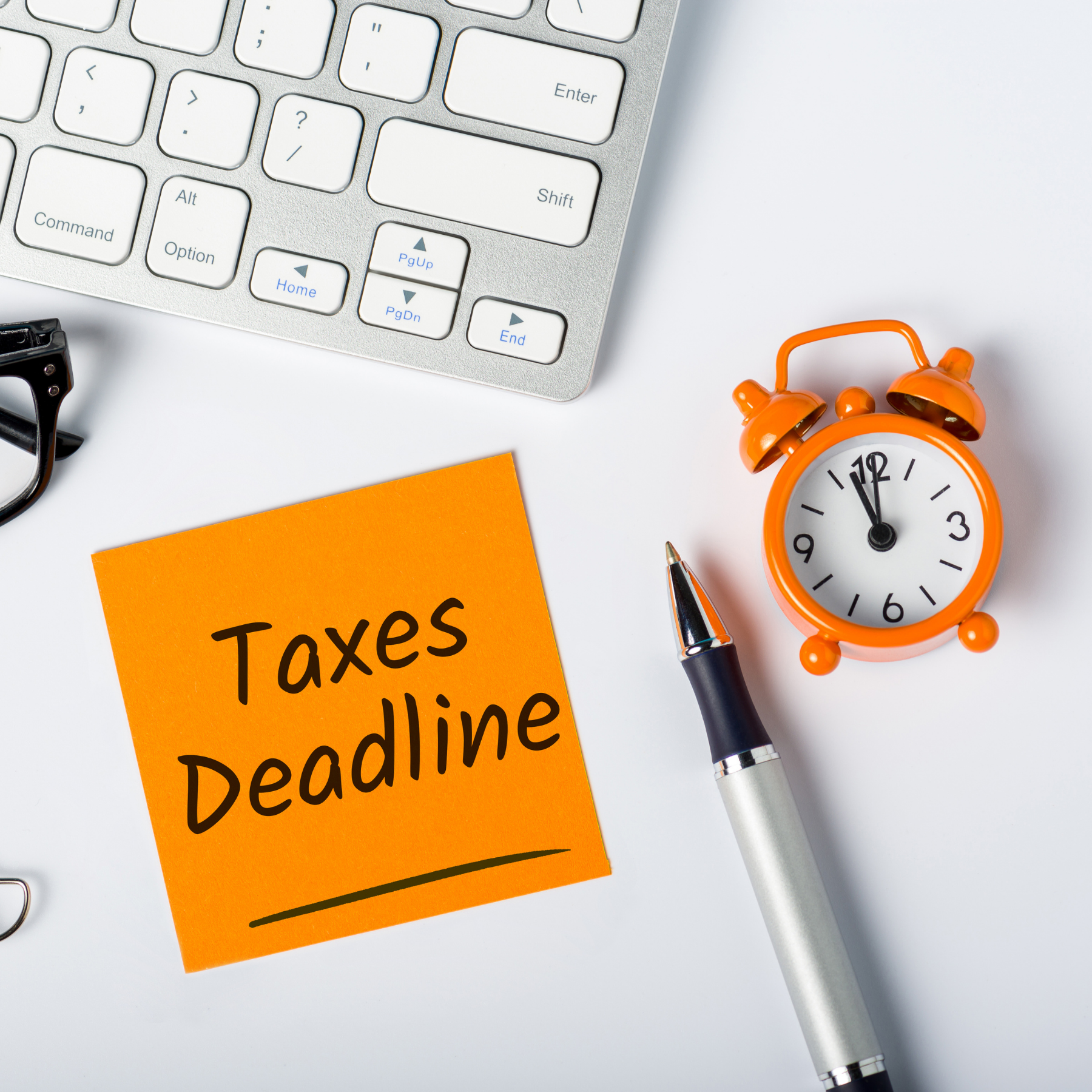If you show up to your accountant or tax pro on the day your tax return is due or even a few days before, you're likely too late to get it done in time.
For business owners, we highly recommend following the Profit First principles. Part of the Profit First process teaches you how and when to set money aside for taxes so you don't get stressed out when payment deadlines come and you actually have the money to pay the tax bill.
That's the beauty of tax planning and being in a relationship with a team that wants to be your partner, your processor, and your protector. We help you see around blind corners and walk you through these kinds of things because we see them all the time.
Finally, taxes can be very stressful, but you shouldn’t let them paralyze you. Don't let taxes create blame, shame, or guilt because that does not serve you. You're up to big things and you're doing big things. This is just part of the entrepreneurial journey. You learn as you go to streamline things and create processes.

The National Tax Deadline
The personal tax return filing deadline is April 15. Most people think that's the date they have to have their taxes done. But, if you are a partnership or S-Corp, there's a date before April 15th that you need to know! The business filing deadline for partnerships and S-corps (1120-S and 1065 returns) is March 15.
Getting a Tax Extension
If you're not ready to file your return, you may file for an extension of six months. Once the extension is filed, you now have until September 15 to file your business tax return, or October 15 to file your individual or personal tax return.
The IRS allows this extension of time but only if you ask for it by filing the extension form. Otherwise, you are considered late which means you may incur penalties and interest because you did not file on time.
Now, filing for an extension of time so you may file your return later does NOT mean you can pay later. The IRS still requires you to pay what you owe on the original deadlines of March 15th and April 15th. They expect you to pay a close estimate of how much you owe.
For example, in Tennessee, if you file for an extension but don't make a payment by the first deadline of March 15th or April 15th, AND you end up owing money, Tennessee will treat the return as if you never extended it! It’s best to err on the side of paying more than what you owe because you can always use your overpayment for your estimated tax payments.
If you want to learn more about the 2022 key tax deadlines, check out Episode 072: Key Tax Deadlines For 2022.
